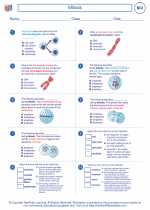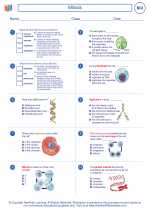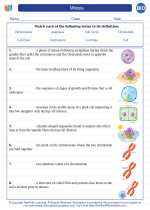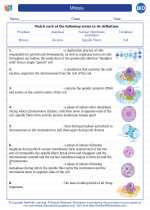Spiritual Health
Spiritual health is an important component of overall well-being and encompasses a sense of connection to something greater than oneself. It can include religious beliefs, connection to nature, or a sense of purpose in life. Spiritual health can contribute to a sense of peace, inner strength, and fulfillment.
Key Aspects of Spiritual Health
- Beliefs and Values: Understanding and practicing personal beliefs and values that guide one's actions and decision-making.
- Meaning and Purpose: Seeking a sense of purpose and meaning in life, which can provide motivation and direction.
- Connection to Others: Building and nurturing meaningful relationships and a sense of belonging within a community.
- Transcendence: Finding moments of awe, gratitude, and appreciation for the beauty of life and the world.
- Peace and Inner Strength: Cultivating inner peace, resilience, and the ability to cope with life's challenges.
Ways to Improve Spiritual Health
There are various practices and activities that can help individuals improve their spiritual health:
- Meditation and Mindfulness: Engaging in practices that promote self-reflection, mindfulness, and a sense of calm.
- Exploring Nature: Spending time in natural environments and appreciating the beauty of the natural world.
- Practicing Gratitude: Cultivating a sense of gratitude for the people, experiences, and blessings in one's life.
- Engaging in Religious or Spiritual Practices: Participating in religious rituals, prayer, or other spiritual traditions that align with one's beliefs.
- Self-Reflection and Journaling: Taking time for introspection, self-exploration, and writing about one's thoughts and experiences.
Impact of Spiritual Health on Overall Well-being
Research has shown that individuals with a strong sense of spiritual health may experience benefits such as:
- Reduced stress and anxiety
- Improved resilience in the face of adversity
- Enhanced relationships and social connections
- Greater sense of purpose and meaning in life
- Enhanced overall mental and emotional well-being
By nurturing spiritual health, individuals can cultivate a deeper sense of fulfillment and find greater harmony in their lives.
Study Guide for Spiritual Health
To study spiritual health, consider the following key points:
- Define spiritual health and its significance in overall well-being.
- Identify the key aspects of spiritual health, such as beliefs and values, meaning and purpose, connection to others, transcendence, peace, and inner strength.
- Explore various practices and activities that can help improve spiritual health, including meditation, nature exploration, gratitude, religious or spiritual practices, and self-reflection.
- Examine the impact of spiritual health on overall well-being, including its potential effects on stress, resilience, relationships, and overall mental and emotional well-being.
- Consider personal experiences or examples that illustrate the importance of spiritual health in daily life and its influence on one's sense of fulfillment and harmony.
◂Biology Worksheets and Study Guides High School. Mitosis
Worksheet/Answer key Mitosis
Mitosis  Worksheet/Answer key
Worksheet/Answer key Mitosis
Mitosis  Vocabulary/Answer key
Vocabulary/Answer key Mitosis
Mitosis  Vocabulary/Answer key
Vocabulary/Answer key Mitosis
Mitosis  Vocabulary/Answer key
Vocabulary/Answer key Mitosis
Mitosis 

 Worksheet/Answer key
Worksheet/Answer key
 Vocabulary/Answer key
Vocabulary/Answer key
 Vocabulary/Answer key
Vocabulary/Answer key
 Vocabulary/Answer key
Vocabulary/Answer key

The resources above cover the following skills:
Skills And Processes: The student will demonstrate ways of thinking and acting inherent in the practice of science. The student will use the language and instruments of science to collect, organize, interpret, calculate, and communicate information.
The student will use appropriate methods for communicating in writing and orally the processes and results of scientific investigation.
The student will describe similarities and differences when explaining concepts and/or principles.